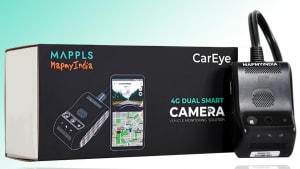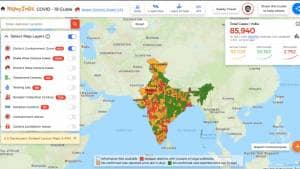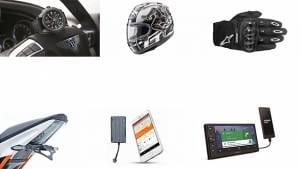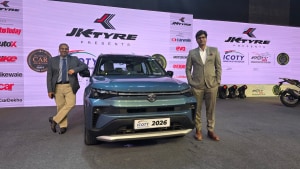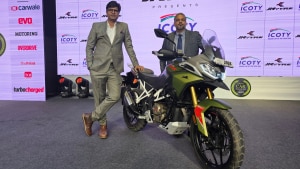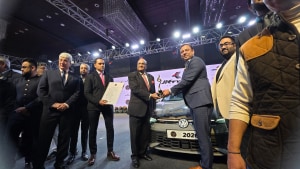How MapmyIndia is gearing up for a connected future in cars
Before there was Google Maps, there was MapmyIndia.com. Born in 1995 as CE Info Systems, the interactive maps portal in 2004 was the first of its kind. The company was also the first to bring a dedicated vehicular navigation device to market. Over the years, MapmyIndia's grown to supply navigation solutions to OEMs, baked right into the car, apart from offering telematics and connected car solutions to nearly all manufacturers in India, from Maruti Suzuki to Hyundai, Honda, MG and Mercedes-Benz to name a few.
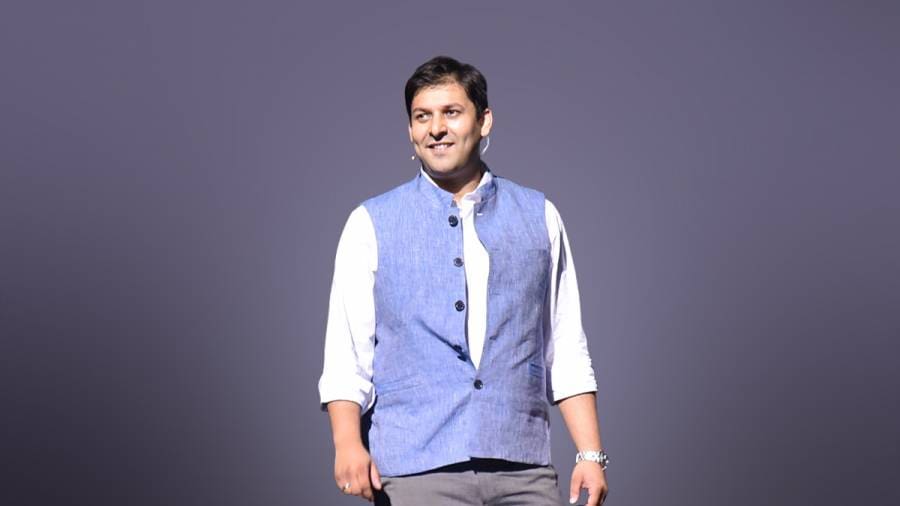
With MapmyIndia's solutions already embracing the future, Rohan Verma, CEO and ED, MapmyIndia feels that the important questions to ask in this scenario is what consumers actually want from their cars and motorcycles. The obvious answer is that they want them to be connected, just like their smartphones but the deeper significance is in the value it brings, in terms of safety, shareability and better efficiency. For example, the MapmyIndia Move app was the first to incorporate COVID-19 containment zone information, to better help people prepare for their journeys. With MapmyIndia's help, this information was integrated into Mercedes-Benz's in-vehicle infotainment systems, proving invaluable in the early days of the pandemic.
Now realtime traffic updates we're used to, but there is scope for hyper-local updates in the form of pothole warnings, speed breakers, new roundabouts, one ways, tunnels and more - which MapmyIndia does include, representing a unique and useful facet to the information you would expect to receive from your navigation. Verma states it's one of the things that separates MapmyIndia from the Maps solution offered by tech giant Google, the others being marking and recognition of a greater number of house numbers marked, and smaller arterial roads.
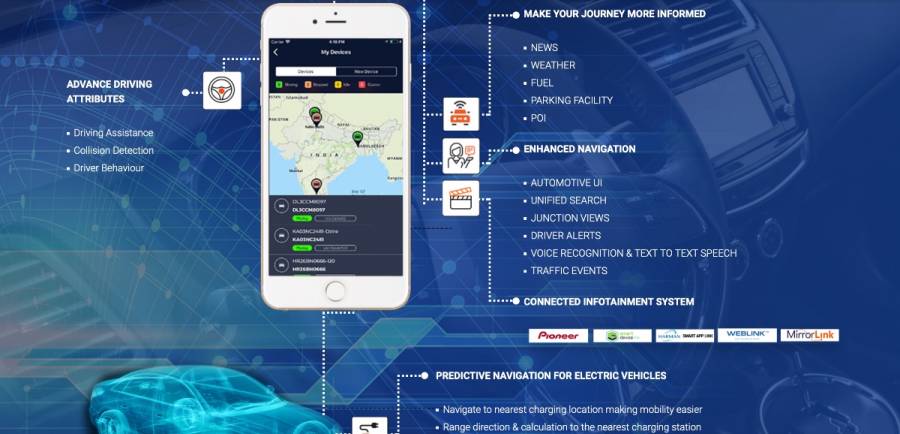
The next dimension in connected tech in cars, as we found in our deep dive into the tech, needs to be better integration with your existing devices and chosen eco-systems. Verma agrees that there's a gap in the market here currently, for connected tech that is proactive and personalised. Solutions for EVs being a prime example, where the car's infotainment doesn't just identify the closest charging station, but goes ahead and contacts the charging station for you, booking a a charging slot so you're not left waiting for a free spot. Again here, MapmyIndia is developing a completely Indianised in-car journey, which should make the idea of a 'talking vehicle' more digestible for many.

For shared mobility services, the novelty lies in a car that can recognise your phone and your app, tailoring the in-car experience for you. For clients like Avis, BluSmart and Myles, it could prove to be the value-add needed, over and above the telematics already being used for safety, both from the fleet operator's point of view, and the customer's.
The ultimate goal is to provide technology made in India, for the world, and considering MapmyIndia is not encumbered with the proprietary issues related to an Apple/Google eco-system, and works with OEMs directly, it seems like it's better placed to provide the deeper integration in our cars we so badly want. The only question will be if we're ready to embrace the software differentiation car makers want. But, hey, if the voice fits...
